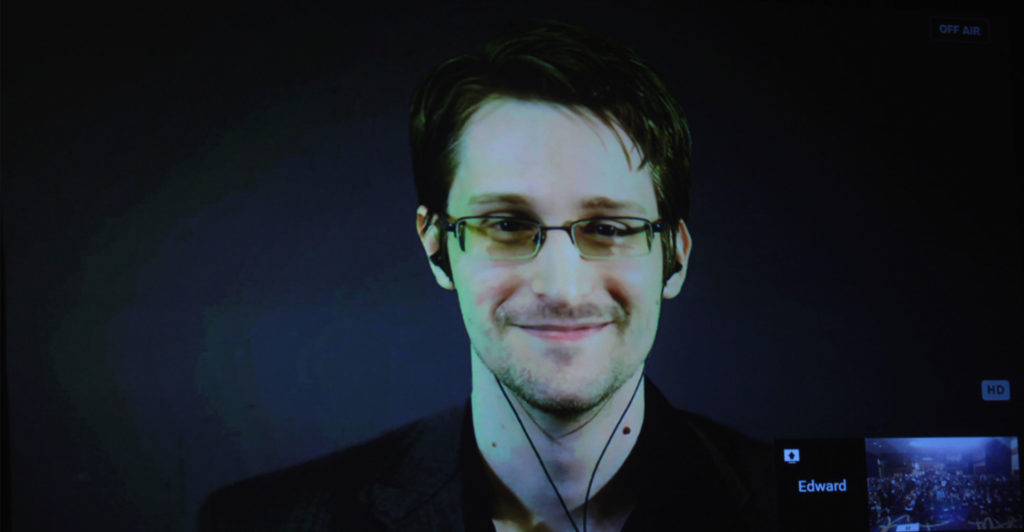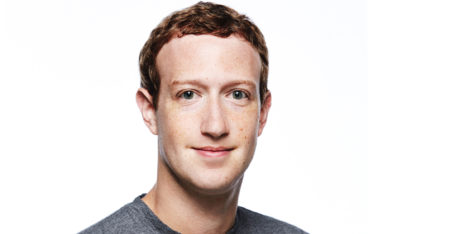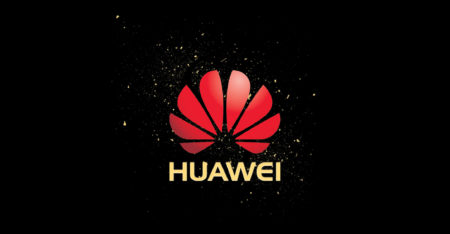In times of crisis – especially with questionable crisis communication from government and Eskom over the past week – humans tend to create their own “reality”, whether grounded in fact or not.
Browsing: In-depth
To reignite growth in a stagnating economy and lower one of the world’s highest unemployment rates, President Cyril Ramaphosa may need to take on the movement he helped create.
Facebook is reportedly preparing to launch its own version of bitcoin, for use in its messaging applications, WhatsApp, Messenger and Instagram. There are good reasons to be sceptical about its potential.
Apple, after teasing investors for months about its ambitions to become a services company, is getting ready to showcase plans for new video and news products. All it needs now is for Hollywood to sign up.
Thirty years after the World Wide Web was created, a third generation of Web technology might offer a way to enable better user control, more competition between Internet firms and less dominance by the large corporations.
Already in 2019 there have been Internet shutdowns in Cameroon, the Democratic Republic of Congo, Republic of Congo, Chad, Sudan and Zimbabwe.
Do you remember the NSA’s phone-records programme? It was perhaps the most contentious of Edward Snowden’s revelations. Now the operation has been halted entirely – with barely a whimper.
Mark Zuckerberg’s latest blog post talks about making Facebook and its Internet hangouts more of an intimate digital “living room” rather than a raucous public town square.
As new banks with radically different cost structures enter the market, the question is whether South Africa’s large banks are well placed to respond to the digital onslaught.
Huawei, no longer content with defending itself against US accusations of espionage and bank fraud, is taking the initiative with a full-blown legal offensive.











